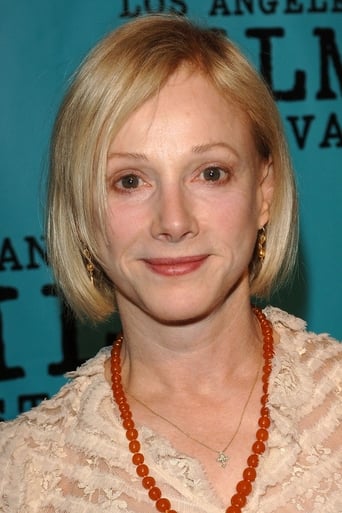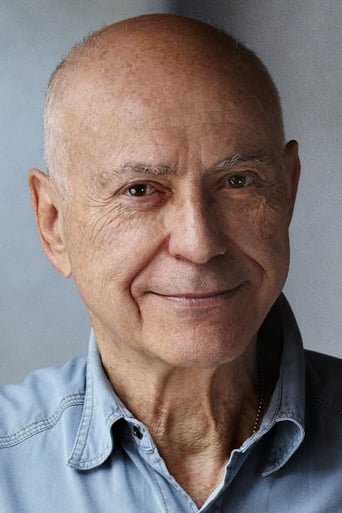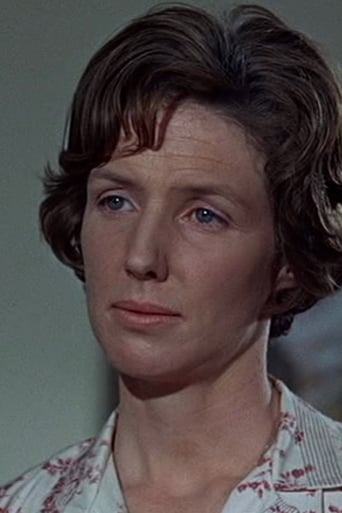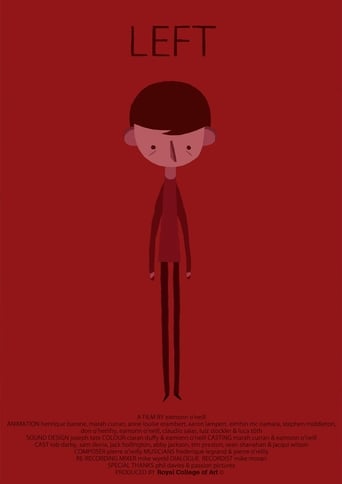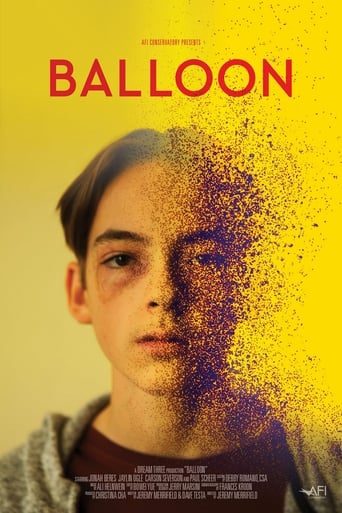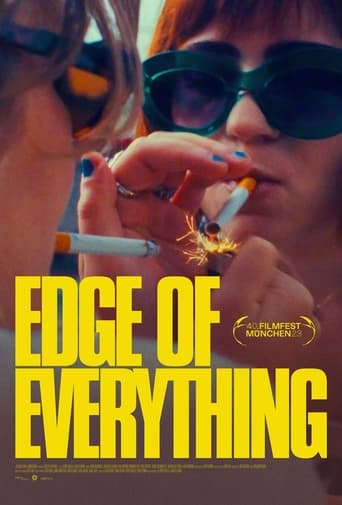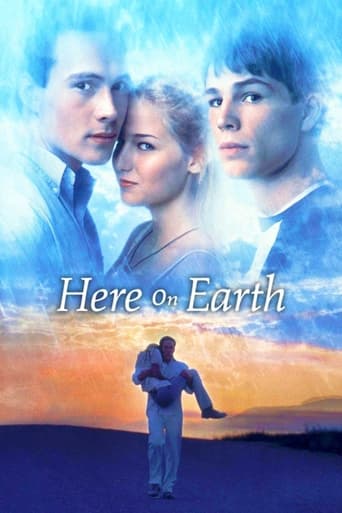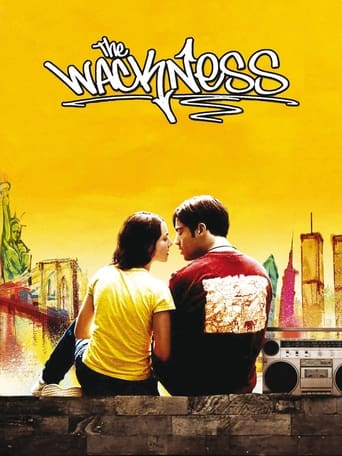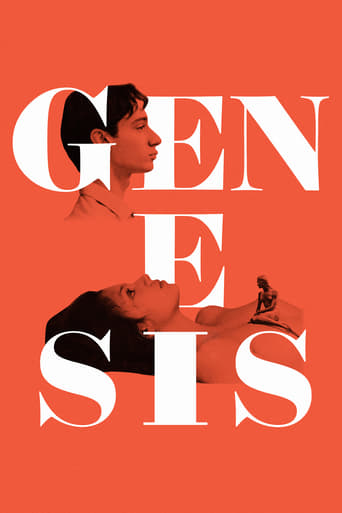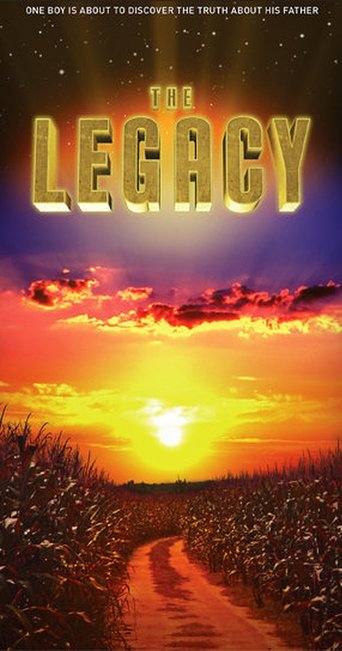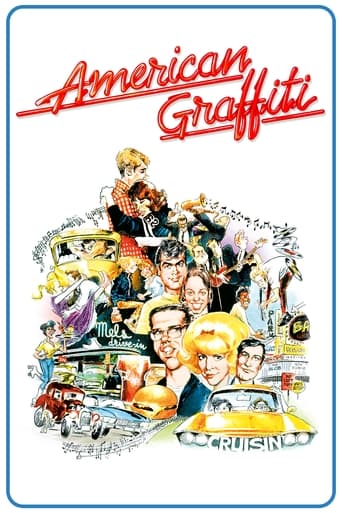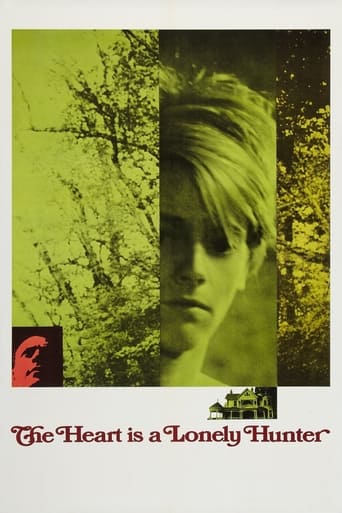
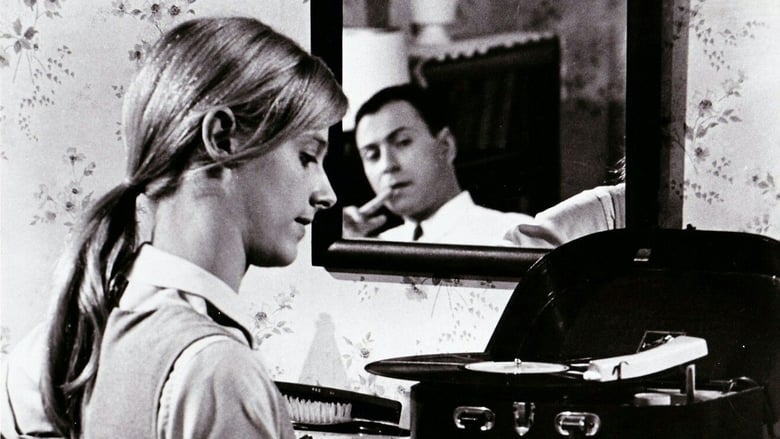
The Heart Is a Lonely Hunter (1968)
Singer is a deaf-mute whose small world brings him in contact with a young girl, Mick, who cherishes a seemingly hopeless dream of becoming a concert pianist. At first hostile, Mick soon becomes friends with Singer, hoping to enlarge his small world. Three other central characters come to Singer for help also, each of them seeing in him a powerful force.
Watch Trailer
Cast
Similar titles

Reviews
It's fun, it's light, [but] it has a hard time when its tries to get heavy.
Like the great film, it's made with a great deal of visible affection both in front of and behind the camera.
The tone of this movie is interesting -- the stakes are both dramatic and high, but it's balanced with a lot of fun, tongue and cheek dialogue.
This is a dark and sometimes deeply uncomfortable drama
The Heart is a Lonely Hunter (1968) A Carson McCullers drama (she wrote the original book) with the usual array of gritty Southern types who are cast quite well. The director is the utterly unknown Robert Ellis Miller, and there are many times that I feel that the potential here, which is pretty deep, goes unexplored. The photography by James Wong Howe toward the end of his career is professional through and through, if somewhat routine for New Hollywood. Look for standout performances by Alan Arkin (as a lonely deaf-mute with a big heart) and Sondra Locke, later famous for many roles in Clint Eastwood films (with whom she was involved). An honesty of acting, and underacting, by these two (even by Locke, whose role is extroverted) hold the whole thing together, as undercurrents become the real meaning. This is more of a drama than a soap opera. I say this because there is a McCullers kind of interest in "characters" and "losers," people who are troubled and eccentric. But there is also an interpersonal drive to the subplots (as with Locke's character's family, a kind of caricatured struggling poor southern family with a father in a wheelchair) that has the potential to become interesting as soap. These two aspects are a bit at odds (they never jive), but a third aspect enters the plot and grows and grows, and it is the real reason to watch the movie and admire it: the intersection of black and white southern life. In a way that had become possible finally by the late 60s, Hollywood could deal with African-American life in an honest, believable way. The black doctor and his dilemma of appearing "uppity" if he treats a white man (a drunk) is only the beginning. Arkin's deaf-mute character is compelling. He's troubled, too, but has perception and persistence. He sees love more than feels it, it seems, but he has deep caring (which is a different kind of love). And that wins the movie. Look for great side performances by the doctor's daughter played by Cicely Tyson (who had many great roles after this, such as in "Sounder" and who was married to Miles Davis) and by the doctor, played by Percy Rodriguez. A moving drama that is a small, but important, cog in the breakdown of prejudice in the 1960s.
Arkin is compelling as the quintessential "good listener". Seeing Sondra Locke emoting at such a young age (24 credibly passing for 16), I can see why Clint Eastwood fell for her a few years later (and cast her in several of his movies). These two carry the movie but the supporting cast also offer great character portrayals. The movie is slow in parts -- and there are, necessarily, many silences (Arkin plays a deaf mute) -- but I was drawn in by all the characters' personal stories. I'm writing this review 3 days after watching the film, and it's still stayed with me. I highly recommend it.
A deaf-mute touches the lives of many in a Southern town. This is a poor adaptation of the acclaimed novel, a sentimental slop-fest featuring a contrived script and simplistic and stereotypical characters. Pedestrian direction by TV veteran Ellis is marked by melodrama and inattention to detail. Why does the record of Mozart's Jupiter Symphony last only a fraction of the first movement? The acting is uneven. Arkin turns in a fine performance, but his character is unbelievably saintly. Locke is OK in her film debut but it is hard to buy her character's sudden bonding with Arkin. Tyson and Keach overact in cartoon-like roles.
This film is powerful, sensitive, meaningful and memorable once you watch it. I have it on tape, and usually if I get to pick a film, I pick one that makes me laugh, not one that tells me a story about real life. At my age, I don't need that. Carson Mc Cullers as a writer can find the depths of a character's soul, and the film captures most of her talent. If you are looking for a remarkable film, this is one of the best. But I would suggest that the best place to find something serious can be found in a novel, written by an artist and not a hack turning out pulp fiction. A film unfortunately is restricted to roughly two hours, and thus at best can only be a short story. A single short story, to my knowledge has never won a noble prize for literature. The cinema has an art advantage no other art form has, except for the restriction of time limited to the limits of the human body to sit for more than two hours. A book, you can always put down, and return at your leisure.
